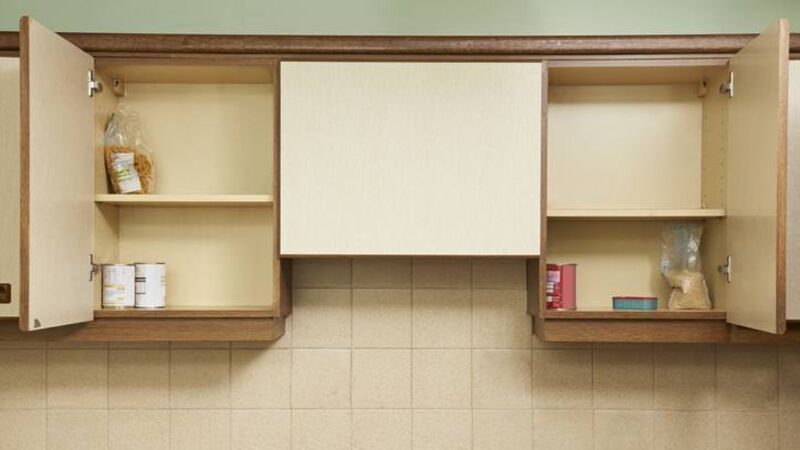Mark Henry: Our corporate tax windfall can bring life-changing equality to our thriving nation

Single-parent households have low disposable income and very low net wealth. They, alongside households with children and single people of retirement age, are most likely to have difficulty making ends meet. File photo: iStock
The latest report card on the state of the nation’s well-being has been released. And it shows that we are a country doing very well indeed.
The ‘Understanding Life in Ireland’ report, born out of a Programme for Government commitment, is designed to provide an assessment of the nation’s progress beyond mere economic growth. The appraisal is one of positive progress across 10 of the 11 dimensions examined.













